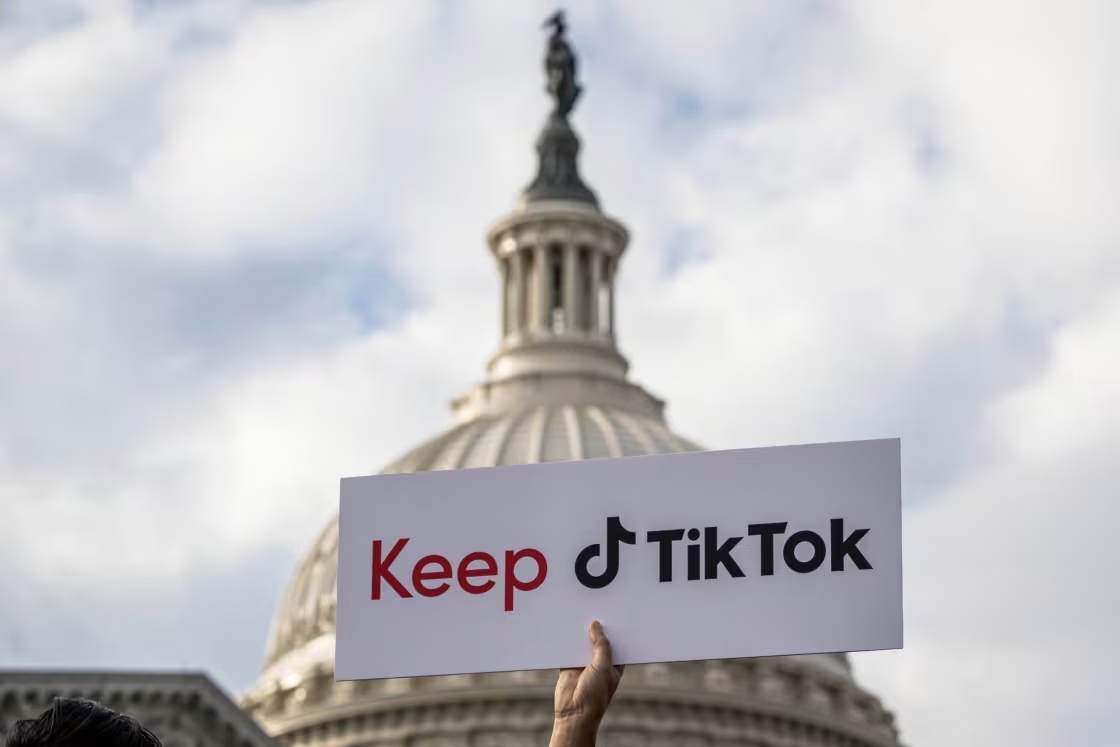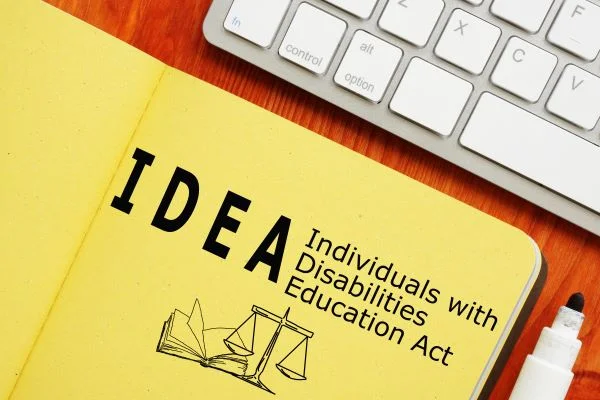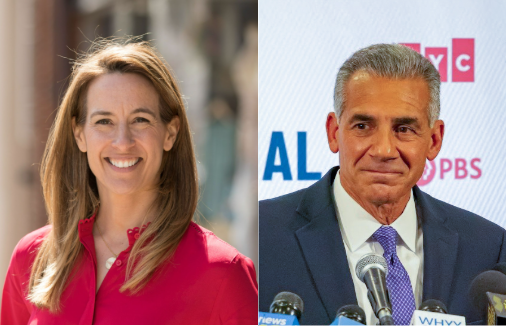The United States Supreme Court announced on Wednesday, December 18 that it will grant certiorari to TikTok’s appeal to block a law that would ban its operations in the United States and stated it will hear oral arguments of the case, TikTok v. Garland, on January 10. The Justices will hear arguments on whether the federal law and the Protecting Americans from Foreign Adversary Controlled Applications Act unconstitutionally restricted TikTok’s operations by violating the First Amendment, along with other clauses of the Constitution such as the Bill of Attainder, the Due Process Clause, and the Takings Clause.
The Law, signed by President Joe Biden this spring, passed in Congress with strong Bipartisan support. Lawmakers argued that TikTok, primarily its ownership by ByteDance, poses a significant threat to U.S national security due to the Chinese government’s prevalent influence over privately-managed companies, therefore allowing the exploitation of the app to usurp sensitive and classified information. Many politicians, pundits, commentators, as well as the millions of users of the app protested the law, which established a deadline until January 19, 2025 for ByteDance to relinquish ownership of the TikTok or be prohibited from U.S. operations. Rand Paul, a Republican senator from Kentucky, was one of the most adamant voices of opposition against the bill. Paul argued that “If Republicans want to continuously lose elections for generations, they should pass this bill to ban TikTok, a social media app used by 150 million people, primarily young Americans,” further adding that he hopes the U.S. will “have faith that our desire for freedom is strong enough to survive a few dance videos.” A Libertarian news magazine, Reason, further argued that the TikTok ban is a “blueprint for more Social Media Censorship”.
On December 16, 2024, the legal team representing TikTok filed an emergency application for an injunction to the Supreme Court, urging the Court to block the enforcement of the federal law. Previously, the legal team of TikTok appealed to the the U.S Court of Appeals for the District of Columbia, where the three-Judge panel unanimously rejected TikTok’s appeal for a temporary injunction, stating that the “National Security” concerns of the federal law satisfies the “Strict Scrutiny” standard of abrogating the 1st Amendment, meaning that the government presented a compelling justification for violating the 1st Amendment.
With the Supreme Court hearing the case, the court’s decision may have significant implications for the blurry-line between national security and freedom of speech. The Supreme Court has historically been sympathetic to the federal government’s concerns of national security, such as in Holder v. Humanitarian Law Project, where the Court ruled in favor of the government in prohibiting non-violent material support such as legal services and pamphlets to foreign terrorist organizations, and Dennis v. United States, where the Court ruled that suspected Communists may be convicted for speech due to its “potential danger” to national security. The current Supreme Court seems to be more likely to uphold electronic speech, thus making TikTok’s case more appealing to the Justices, including even the three Conservative justices, Samuel Alito, Neil Gorsuch, and Clarence Thomas. If the Court rules in favor of TikTok and overruled the decision of the D.C Circuit, American Constitutional Law may move towards a jurisprudence that is more protective of free speech and establish a significant limit to the powers of the federal government in regulating the internet and electronic speech. The Court may also have to expand on a new constitutional doctrine of whether the protections of the 1st Amendment apply to foreign corporations such as ByteDance, an extension to current doctrine protecting freedom of speech for Corporations as “persons”.
In response to the case, TikTok Spokesperson Will Hughes stated that the company believes “the Court will find the TikTok ban unconstitutional so the over 170 million Americans on [its] platform can continue to exercise their free speech rights.”

















































































































































